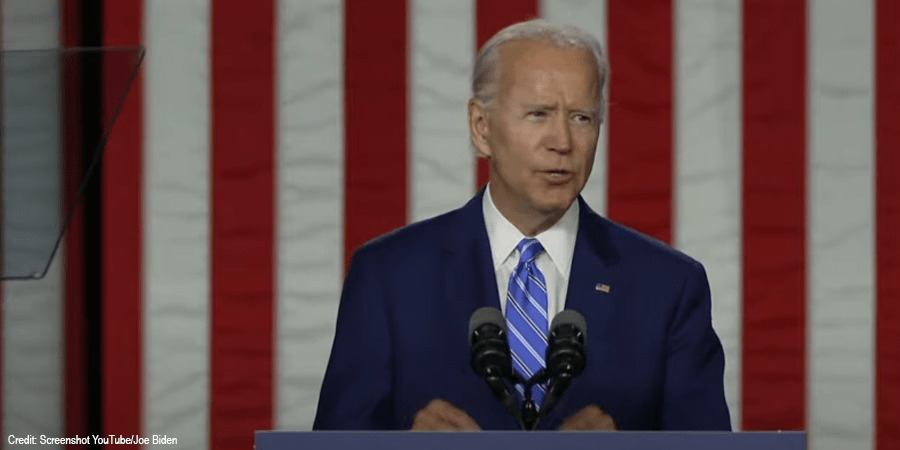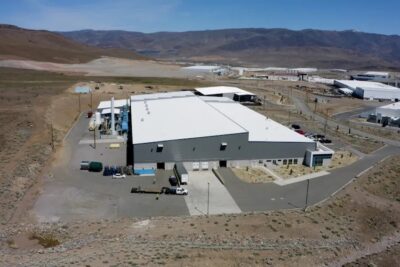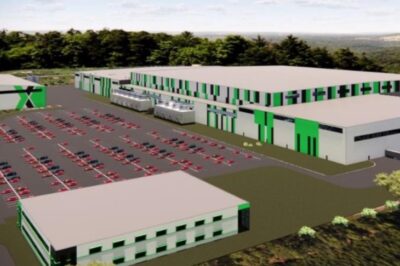US President Biden announces $2 trillion infrastructure plan
US President Joe Biden has now officially presented his two-trillion-dollar investment plan, with which he wants to fundamentally modernise the country’s infrastructure and stimulate economic growth.
Of the total of 1.7 trillion euros, 148 billion euros (174 billion US dollars) have been earmarked specifically for a series of electric mobility measures, some of which are already known: Car manufacturers are to be supported in establishing domestic supply chains for raw materials, for example, and in converting factories for the production of electric vehicles and batteries. Consumers are to receive subsidies and tax incentives for the purchase of American-made electric vehicles. There will also be grant and incentive programmes for state and local governments and the private sector to build a national network of 500,000 electric vehicle charging stations by 2030.
Biden’s campaign had already formulated such goals during the election campaign, and the sum of two trillion dollars was also mentioned at the time. Now, however, they are no longer campaign demands, but part of the official White House plan. The plan is considered an important step by the new US administration to decarbonise the country’s economy by 2050.
For a long time, it was assumed that the previous scheme for tax credits for the purchase of an electric car would be renewed or relaunched. However, the infrastructure plan reveals that it will not only be about “tax incentives” but also about “POS rebates” – i.e. direct subsidies at the point of sale, i.e. at the time of vehicle purchase. Details on the two subsidies are not yet known, however.
The plan also calls for replacing 50,000 diesel-powered public transport vehicles with electric ones and electrifying at least 20 per cent of the national school bus fleet. And Biden is apparently also determined not to accept the announced timid electrification of the United States Postal Service fleet: The US government wants to “use the extensive tools of federal procurement to electrify the federal fleet, including the United States Postal Service”, the plan states.
In the area of mobility, roads and bridges are also to be modernised. In addition, tax breaks for fossil fuels are to be abolished. The comprehensive infrastructure agenda also includes the expansion of renewable energies and railways, but also the development of advanced nuclear power plants.
Whether the two-trillion-dollar plan can be implemented as planned is questionable, however, as Biden is dependent on the support of some Republicans in the Senate, who have so far not signalled any concession.
carscoops.com, electrek.co, cnbc.com, reuters.com, whitehouse.gov





0 Comments